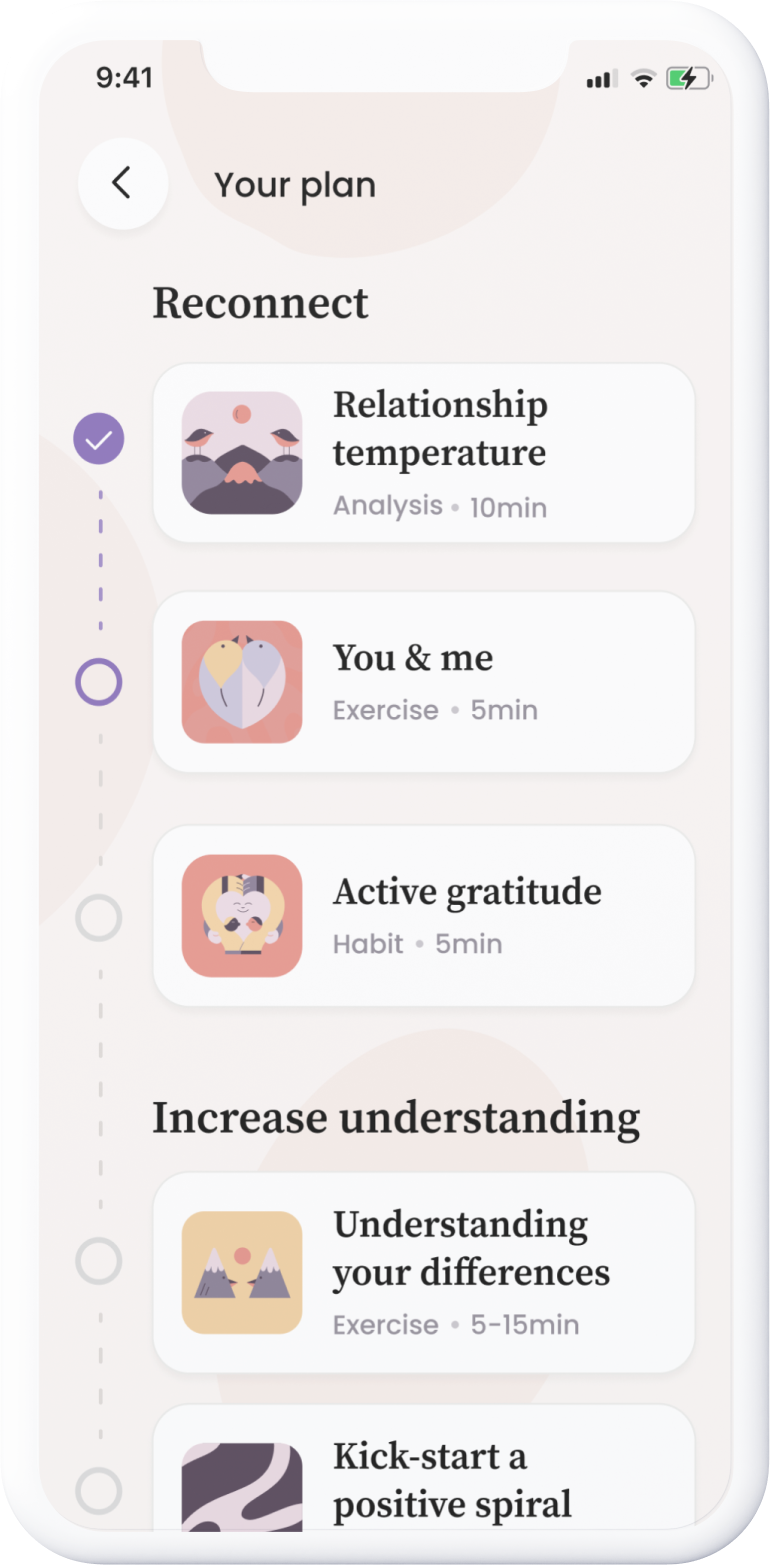
Emotional cheating is a form of betrayal that occurs when a person develops a deep emotional connection with someone outside of their primary relationship. Unlike physical cheating, which involves a sexual interaction with another individual, emotional cheating revolves around sharing intimate feelings, thoughts, and experiences with someone other than one's partner.
This type of infidelity may include sharing personal secrets, feelings of deep understanding and connection, and seeking emotional support and comfort from the other person. The emotional bond formed outside of the primary relationship can undermine trust and intimacy between partners, leading to jealousy, insecurity, and emotional pain.
It's important to note that the definition of emotional cheating can vary between different couples and cultures, and what constitutes infidelity for one person may be acceptable for another. However, it's crucial to understand that a lack of honesty and trust within the relationship can deeply harm the relationship, even if no physical intimacy has occurred.
Discovering that your partner has a close relationship outside the relationship doesn't always mean emotional cheating. Sometimes, it simply means they've found someone they connect with on a deep and meaningful level. Having friendships outside of the relationship can be enriching and healthy for both individuals and the relationship. It can provide opportunities to explore different interests, experience new perspectives, and receive support and encouragement outside the romantic relationship. As long as communication and boundaries are clear and respected, close friendships outside of the relationship can strengthen the bond between you and your partner rather than threaten it.
What is the cause of emotional cheating?
The reasons why people become emotionally unfaithful can vary from person to person and situation to situation. If a person feels neglected or doesn't receive enough emotional support and attention from their partner, they may seek what they need from someone else.
Some individuals are also afraid to open up and be vulnerable in their current relationship. They may, therefore, seek emotional support and understanding from another person.
When a person meets someone new who shares their interests and values, they may experience a strong sense of connection and attraction that leads to an emotional affair.
Another cause can also be if there are communication or understanding gaps between partners. For some individuals, the thrill and excitement of exploring new relationships may attract them to engage in an emotional affair.
It's important to note that these reasons do not excuse emotional cheating, but they can help understand why it happens and help work through the issues within the relationship. Open communication and honesty are crucial in preventing and addressing emotional cheating.
6 emotional cheating signs
It's important to note that one or more of these signs doesn't necessarily mean your partner has an emotional affair, but they can be warning signals indicating that something isn't right in the relationship. Communication and openness are crucial to clarifying issues and working through them together.
1. Emotional distance: Your partner may appear emotionally distant or less engaged in the relationship than before.
2. Secrecy: If your partner suddenly becomes secretive about their phone, computer, or social media, it could be a sign that they're hiding something.
3. Increased time away from home: Your partner is spending more time from home than usual and is vague about where they've been, which can be concerning.
4. Increased irritability or anger: If your partner seems easily annoyed or irritated over small things, it could be a sign that they're dealing with internal conflicts.
5. Decreased intimacy: If your partner shows less interest in physical affection or sexual intimacy, it could indicate that their emotional needs are fulfilled somewhere else.
6. Impaired communication: If your partner avoids discussing their feelings and thoughts with you or if they become defensive when you try to address issues related to the relationship, it may be a sign that they're involved in another emotional relationship.
Can a relationship survive emotional cheating?
Discovering that your partner has been unfaithful and in an emotional affair can be overwhelming and painful. It's common to feel betrayed and have a lack of trust.
Here are some things to consider when faced with this challenging situation of emotional cheating:
1. Give yourself time to process: It's normal to feel a range of emotions such as anger, sadness, confusion, and despair. Allow yourself to feel and process these emotions in your way and at your own pace.
2. Communicate with your partner: When you feel ready, it's important to have an open and honest conversation with your partner. Express your feelings and questions calmly and respectfully, and try to listen to their perspective. Communication is key to understanding what happened and how you can move forward together or apart.
3. Take time to consider your options: After gathering information and hearing your partner's side of the story, it's important to consider your options. It may involve attempting to work through the issues together through couples therapy or making the decision to end the relationship if trust cannot be restored.
4. Seek support if needed: Dealing with a partner who has an emotional affair can be overwhelming on your own. Don't hesitate to reach out to friends, family, or professional counsellors for support and guidance during this difficult time.
5. Take care of yourself: Don't forget to take care of your emotional and physical needs during this time. Prioritise self-care and engage in activities that make you feel good and give you strength.
Dealing with a partner who has an emotional affair is a complex and painful process. By addressing the issues openly and honestly and taking care of yourself throughout the process, you can take steps towards healing and recovery, regardless of the decision you make for your relationship.
It's important to remember that there is no "right" or "wrong" answer to whether to stay or leave after discovering your partner has an emotional affair. Every situation is unique, and it's important to do what feels right for you and your well-being in the long run. Sometimes, it may involve forgiving and working through the issues together, while for others, it may involve moving on and finding happiness on their own. Listen to your feelings and follow your heart when making this decision after the emotional cheating.
How can the Ally app help you?
If you and your partner have decided to work on your relationship after an emotional affair you can use the Ally app to help you improve all the important parts of a relationship, like communication, sex, and your well-being but also how to move on from betrayal.
In the app, you get guidance in understanding relationship problems and working on resolving them. Ally is developed by us, licensed psychologists Clara Zelleroth and Helga Johnsson Wennerdal, to make the methods we use in couples therapy more accessible to everyone.








